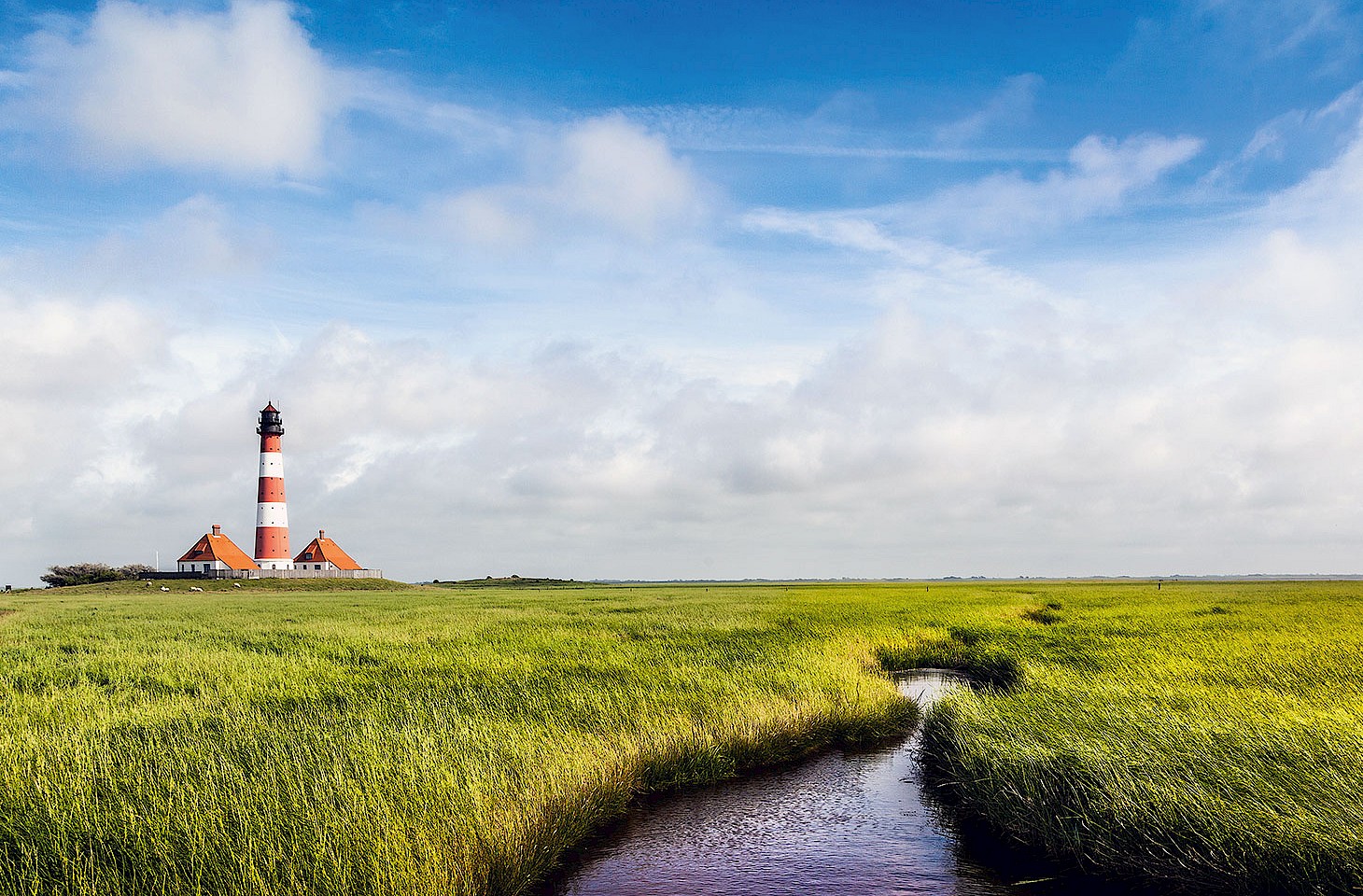Dear fellow travellers
Free ports are back in the news. Now that Britain has created a great tangle of bureaucracy around its ports, the mandarins in Her Majesty’s Treasury have come up with a cunning plan to mitigate the effects of that bureaucracy. There is upbeat talk of change: harbour regions that will transform into hotbeds of innovation, unleashing the awesome potential of opportunity, underpinned by regulatory flexibility and start-up grants. The Treasury documents provide a road map to these sunlit uplands, envisaging the creation of a new network of free ports around the shores of the United Kingdom.
All this makes us, quite naturally, think of the watery marshlands south-west of Pisa, which run down from the River Arno to Livorno. In 1421, the port of Livorno was a sleepy wee spot, one which played no major role in Mediterranean trade. But in that year, the Genoese Republic sold Livorno to Florence - which in those days didn’t have much of a fleet.
With the happy benefit of 600 years of hindsight, we can see that 1421 sale of Livorno as paving the way for the development of the world’s first free ports. Florentine ingenuity in managing tax regimes and customs duties underpinned Livorno’s later growth as a port and processing centre. By the late 16th century, Livorno’s policy of encouraging immigration had created a cosmopolitan community with links to great cities across the Mediterranean. Tax incentives led to Livorno surpassing even Genoa as a great trade centre. Under the patronage of the Medici family, Livorno aggressively cut corners when it came to managing imports and exports, making it an early laboratory for unfettered trade and exchange.
Genoa responded in kind, so we can see in these two cities on the Ligurian Sea the first full expressions of the porto franco or free port. Where Livorno and Genoa pioneered, others were quick to follow. From 1719, the Habsburg Monarchy granted concessions which permitted the development of Trieste as a free port, giving the Adriatic city privileges that have in some measure continued until today.
Sweden had two early free ports, both located on islands. Marstrand was just off the west coast of the mainland not far from Gothenburg. It developed from 1775 as a bastion of free enterprise. Ten years later a newly acquired Swedish possession in the Caribbean, the island of Saint Barthélemy, was accorded similar privileges.
Champions of the free port idea in modern Britain tend not to look back on these early examples of free ports, but rather find inspiration in the enterprise culture of post-war Britain when sociologists, planners and economists started experimenting with exempting certain specified areas from some or all of the restraints imposed by state planning. A series of ideas rooted in New Left thinking were appropriated by Conservative political elites to create enterprise zones, many of them in declining docklands, which would serve as models of a new flexible and globalised economy. Tax incentives and infrastructure developments underpinned the development of a network of UK enterprise zones, but critics argued that these privileged areas merely sucked economic activity from adjacent regions which did not enjoy the same opportunities. Some are quick to point out that enterprise zones and free ports benefitted from massive subsidies and were in fact a very expensive way of creating jobs.
So we shall watch with interest as Britain rolls out a new series of free ports later this year. Will unfettered capitalism, incentivised by tax breaks, revive the country’s ailing ports? Will Glasgow become the new Genoa? Liverpool the new Livorno? Or, as has happened elsewhere, will free ports become safe havens for counterfeiters and other criminals, for money launderers and drug dealers, and for those keen to smuggle endangered species or prized cultural assets? Only time will tell. The deadline for applying for the new free port funding packages in Britain is just next week.
Nicky Gardner and Susanne Kries
(editors, hidden europe magazine)
Just in case you wonder: we have switched our domain name from hiddeneurope.co.uk to hiddeneurope.eu. Read more about this recent change.


